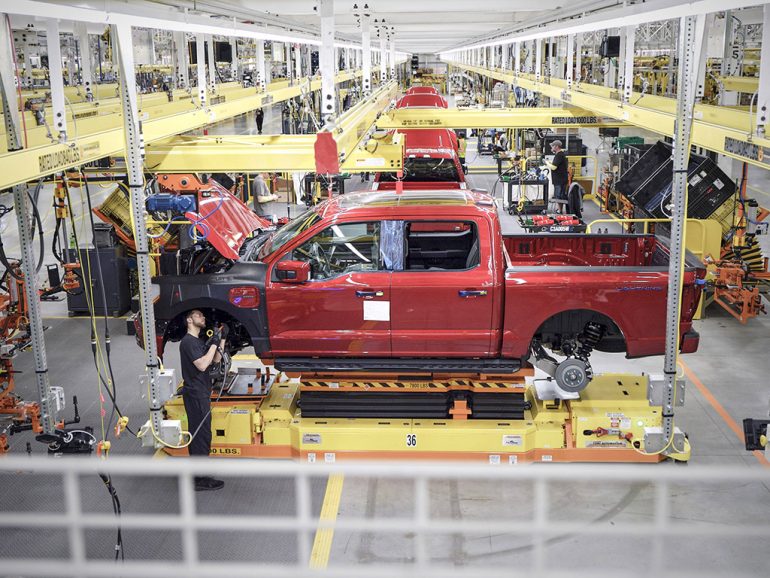Tariff Relief

So here’s the scoop – the Trump administration is easing up a bit on the tariffs causing all that drama in the auto industry. Recently, Commerce Secretary Howard Lutnick mentioned they’re rolling back some duties on imported parts used in vehicles assembled right here in the U.S. The objective here is to provide some financial breathing room to automakers and suppliers while also doubling down on support for domestic manufacturing efforts.
Announcement Plans
Supposedly, President Trump plans to make this official during his trip to Michigan. By doing away with a stack of tariffs on essential materials like steel and aluminum, and reimbursing duties already paid, it’s kind of like getting a little extra back from tax season. Lutnick called it a “win-win,” emphasizing that it helps build strong bonds with automakers and the American workforce.
Industry Reception
Folks in the auto industry welcomed this warmly. Mary Barra, CEO of General Motors, praised the move, saying it helps GM focus more on stateside investments. And Jim Farley, the CEO over at Ford, mentioned it’s going to alleviate some of the pressure felt by everyone from auto suppliers to the folks buying these cars.
The Big “Why”
The drumroll leading up to this news involved quite a bit of back-and-forth between automakers and the administration. A coalition with names like GM, Toyota, Volkswagen, and Hyundai had flagged potential 25% tariffs on imported parts as a ticking time bomb. They even wrote to the White House, concerned that such tariffs would inflate vehicle prices and potentially stall production lines, pushing smaller suppliers to the brink.
The coalition’s letter had a poignant line: “The failure of a single supplier can halt an automaker’s production line.” A sobering thought when you realize just how interconnected these operations are.
Looking Forward
Switching lanes a bit, this flexibility is a nod towards maintaining economic stability, especially as Trump checked off 100 days in office. Typically, his trade views have been stern but this move shows adaptability when domestic industries express their challenges. As he steps into Michigan, the very heart of America’s auto narrative, the whole industry will watch if this newfound approach becomes routine. Avoiding disruptions in supply chains and managing costs is the name of the game here.
Bottom line is, this is about striking that balance. Supporting domestic growth while making sure businesses aren’t halted in their tracks by sudden policy changes. It’s savvy maneuvering, may help keep the gears turning smoothly on the factory floor.
Tariffs Impact Autos
Elvis' Guitar Car
Ami Buggy Returns
Porsche Q1 Profit Dip
Toyota's EV Hesitation